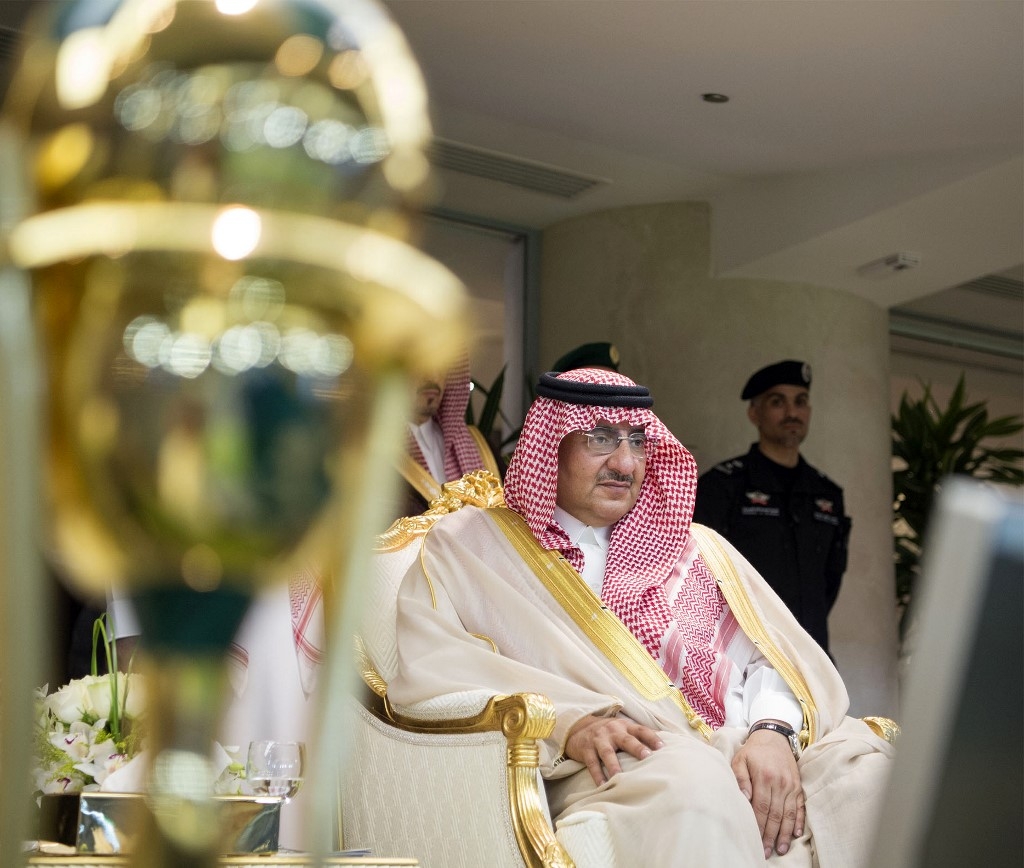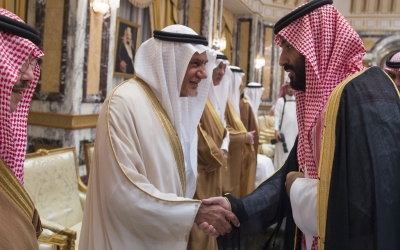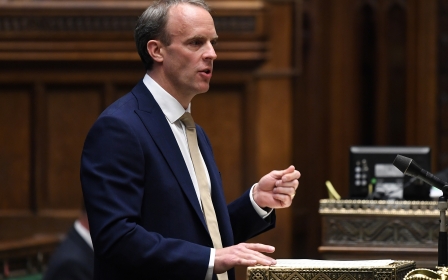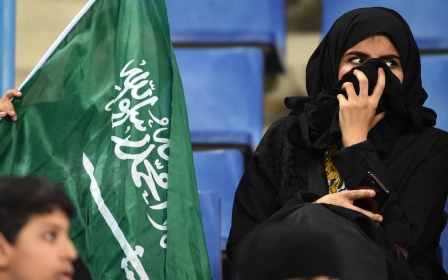Saudi crown prince preparing new charges against Mohammed bin Nayef: Report

Saudi Crown Prince Mohammed bin Salman is in the process of levelling corruption and disloyalty charges against his predecessor Mohammed bin Nayef, in a bid to shore up his rule and permanently take down a former competitor for the throne, according to a report by the Washington Post.
The newspaper reported on Sunday that an "anti-corruption committee" will level charges against bin Nayef for allegedly siphoning billions of dollars through a network of front companies and private accounts when he was in charge of the interior ministry.
Sources told the newspaper that the former crown prince will be asked to re-pay more than $15bn they claim he stole.
Associates of the prince have contested the charges, saying his activities at the ministry were authorised by a 2007 royal decree.
Internal Saudi documents provided by one of bin Nayef's associates and reviewed by the newspaper support the claim that his financial activities were approved, at least in broad outlines, by the late king.
New MEE newsletter: Jerusalem Dispatch
Sign up to get the latest insights and analysis on Israel-Palestine, alongside Turkey Unpacked and other MEE newsletters
The decree, seen by the Post, references a secret fund managed by bin Nayef and authorises the creation of "appropriate vehicles in the private sector" to disguise covert counter-terrorism initiatives.
A 2013 spending report shows that requests to spend $1.3bn had been approved by Khaled al-Tuwaijri, the chief of the royal court.
Former CIA officials said they were aware of bin Nayef's control over the secret counter-terrorism fund at the time and that he had used the accounts to help finance joint US-Saudi projects.
In another document seen by the Post, bin Nayef told his aides that by creating a network of cover companies, he was "emulating the standard followed by international security agencies".
A major difference in this from western standards was that two aides managing the network were promised five percent of the companies' annual profits as compensation.
"The interior ministry was provided with a budget so they could build up capabilities, recruit personnel and develop intelligence service contacts to penetrate al-Qaeda," former CIA director John Brennan told the Post.
"[King] Abdullah's view was that he had to be invested in the activities that [bin Nayef] was leading. [Bin Nayef] was one of his favourites."
"Over the course of my interaction with [bin Nayef], he wasn't someone I thought was engaged in corrupt activity or was siphoning off money," added Brennan, who worked closely with the former crown prince for more than a decade.
A former senior US official stationed in Riyadh added: "Everybody in the US government understood that [bin Nayef] had the broadest spending authority from the king."
Prison
Bin Nayef, 60, was named as successor to King Salman shortly after he took the throne in 2015, with bin Salman designated deputy crown prince.
Associates said bin Nayef understood that his privileged and trusted position under the former king had ended and he began liquidating the secret network of front companies, transferring their ownership to the Saudi Public Investment Fund, the country's sovereign wealth fund.
In 2017, bin Nayef was summoned by his deputy, bin Salman, and told to resign. With his rival backed by prominent princes, bin Nayef submitted and swore allegiance to the young crown prince.
After his unseating as crown prince, bin Nayef had his entourage, mobile phones and allowances stripped and was not allowed to travel.
Sources told MEE earlier this year that the prince had complained bitterly to friends and in letters to the king about the withdrawal of his royal allowances.
Finally, he was jailed earlier this year along with his uncle, Prince Ahmed, accused of plotting a coup.
In May, Saudi Arabia's Prisons Authority tweeted that bin Nayef was hospitalised after "suffering a heart attack".
The post was later deleted and replaced by a tweet stating that the account had been breached, suggesting a hack.
Middle East Eye delivers independent and unrivalled coverage and analysis of the Middle East, North Africa and beyond. To learn more about republishing this content and the associated fees, please fill out this form. More about MEE can be found here.





